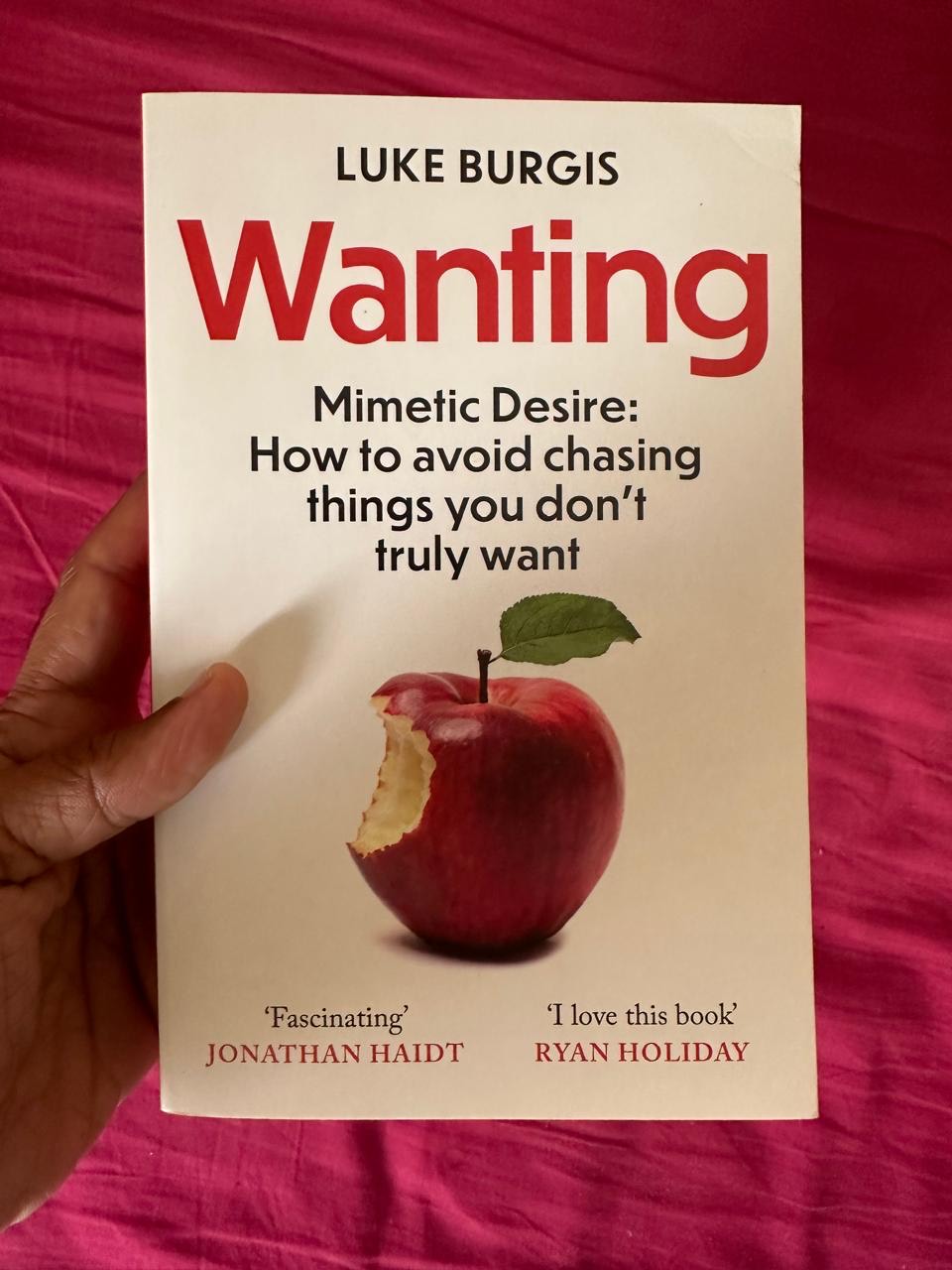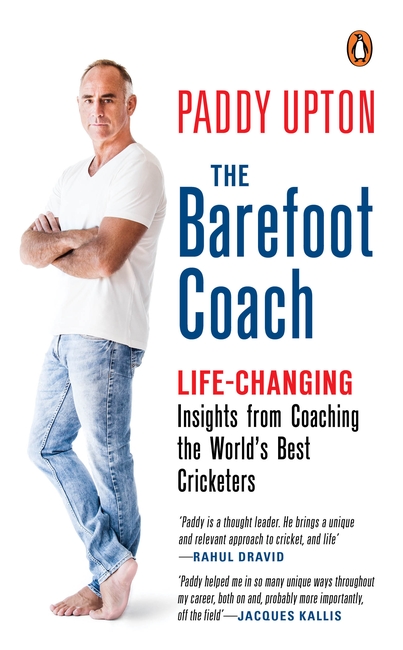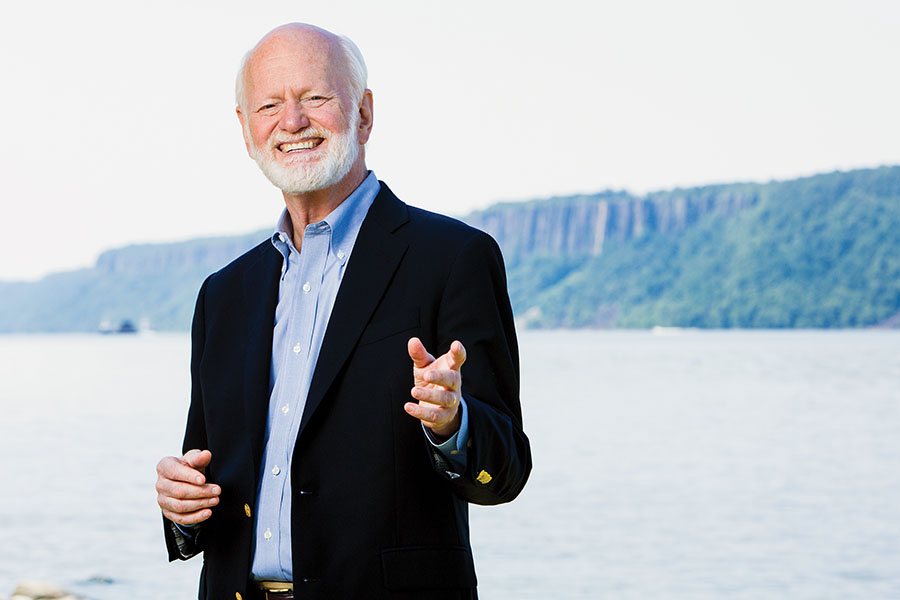
HomeThe Barefoot Coach By Paddy UptonBook SummaryThe Barefoot Coach By Paddy Upton
The Barefoot Coach By Paddy Upton
May 3, 2024
The Barefoot Coach By Paddy Upton

- Binod Shankar
- Book Summary
My top 30 takeaways:
- If you f… up, front up, then fix up.
- It’s not essential that you have to speak all the time.
- Personal mastery is about knowing and playing to your strengths rather than dwelling on your weaknesses. Developing strengths builds success far more effectively that fixing weaknesses does. Playing to strengths delivers excellence; merely fixing weaknesses does not.
- If you cannot delegate the weaknesses to someone good at it, and it is career threatening, then do the necessary damage control and upskill the area to just above a pass mark. Get your F up to an E so it doesn’t cause you to fail.
- If you want to avoid failure and enjoy average level of success, then fix your weaknesses. If you want to achieve success, build your strengths.
- We knew that if we did our utmost to support the players become the best person each of them could be, the other 3 goals (become the # 1 test side, win the 2011 ICC world cup and create a happy team environment) might look after themselves.
- The more power coaches appropriate to themselves, the less power they have in reality.
- The opponent in one’s head is more formidable than any external opponent
- When reviewing the dismissal, the coach correctly points out the visible technical errors. The most common approach is then to go to the nets where the coach throws full pitch deliveries. From the first ball, they get it 100% right. After 30 or so throws both coach and batsman walk out of the nets, with the coach happy that he has remedied the error. No word is spoken about the fear that caused the batman to hang back.
- Batsmen acknowledge that 80 to 95% of their errors are mental errors which then play out as technical errors. But coaches spend 80% of their time addressing technique and skill, and almost no time addressing the mental game.
- When Gary and I left the Indian cricket team after 3 years, we found our biggest innovations weren’t the new stuff we brought in, but the old things we had stopped doing because they were no longer relevant.
- Players must understand their own game better than any of these other transient coaches who will come and go during their careers. Change the word coach for manager, and this is probably similar to many people in the job market today.
- The best players in the world arrive at practice already knowing what they want to work on. But the majority wait for someone to tell them what to do.
- Values are like the rudder of a ship, invisible to the naked eye but critical in determining the direction of travel. They define what our priorities are and what’s important and valuable in our lives. Whether you believe in them or not, they exist; you already have them, and they directly influence your decisions and behavior, and thus your impact and effectiveness in life.
- In the same way that any adult knows when they have made a mistake, we trusted that the senior player would realize that he had been wrong.
- MS Dhoni has incredible emotional control. He never shows emotion, and he is lauded for that. But I would go as far as to say that its not emotional control but lack of access to emotions. MS is not wired as an emotional type. Virat uses his visible and overt emotional charge to drive his success whereas MS’s success is facilitated by his lack of emotional charge.
- When you lose, don’t lose the lesson.
- Don’t be misled by the saying “winning is a habit”; its not. Winning is a result that follows the habit of planning smarter and working harder than the other guys.
- The pressure of test match cricket reveals more about the character of a player than about their skill.
- Fear is a friend because it triggers adrenaline, which would sharpen my reaction time, unlock the maximum strength available to my muscles, sharpen my eyesight and in case of an accident help my blood clot quicker and also increase my pain threshold – essentially placing all survival instincts on red alert.
- Adrenaline can be a marvel ‘drug’ when called upon.
- Adrenaline speeding up the body and focusing the mind has the effect of ‘slowing down’, whatever happens ‘out there’.
- Whatever memory you choose to bring to the front of your mind immediately before you get into a situation, it prepares you for the best possible chance of that outcome happening.
- A good way to regain focus is by answering the question ‘What’s important now?’
- I always say that winning should not be a surprise- its what we work toward- so for me winning is a relief. As for emptiness, it came along with the question ‘What now?’.
- Rafael Nadal has spoken of the concept of ‘getting back to zero’. When he wins a tennis tournament, he is back at the gym at 530 the next morning to complete a strenuous cardio session before his trainer arrives. When he’s on a high (say, + 5) after a victory, he needs to get himself back to zero. When he has lost, he needs to get himself back from say -3, back to zero. Its about resetting his mind and body for whatever the next challenge might be.
- I suppose coming second is easier, because you can immediately focus on trying to win the next time. Winning can be difficult, especially if that’s what you have focused all your energy and attention on. There is nothing to wake up to or work on the following day. I understood what it really means by the saying ‘Life is a journey, not a destination’.
- The one-on-one sessions were at the players request, but the more Gary and I worked on the team culture, the less the players asked for these sessions. The culture we tried to create was one where the environment would serve as the ‘mental conditioner’.
- Of the many lessons, this time we heard that If dreams don’t scare you, they aren’t big enough, that bettering yourself every day is not negotiable for someone wanting to live life fully, and that saying you will do something is not enough; it’s the action that counts.
- Self-awareness has been described as the single most important quality in a leader.
#careercoach #executivecoaching #corporatecoaching #businesscoaching



